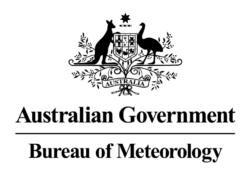Marine mega-fauna
Adaptive management of marine mega-fauna in a changing climate.
Abstract
Management of marine mega-fauna in a changing climate is constrained by a series of uncertainties, often related to climate change projections, ecological responses, and the effectiveness of strategies in reducing alleviating the impacts from climate change. Uncertainties may be reduced over time through adaptive management. Adaptive management is a framework for resource conservation that promotes iterative learning-based decision making. To successfully implement the adaptive management cycle different steps (planning, designing, learning and adjusting) need to be systematically implemented to inform earlier steps in an iterative way. Despite the critical role that adaptive management is likely to play in addressing the impacts of climate change on marine mega-fauna, few managers have successfully developed and /or implemented an adaptive management approach.
Failures to successfully develop and implement an adaptive approach to management have been attributed, among others, to a lack of clarity in the approach and information necessary to successfully implement the adaptive cycle. To address this, we discuss the approaches necessary for each step of an adaptive management cycle to be implemented to manage marine mega-fauna in a changing climate and highlight the steps of the adaptive cycle that require further attention for the cycle to be fully implemented. Examples of sharks and rays on the Great Barrier Reef and little penguins in south-eastern Australia are used to illustrate our discussions. We found that in order to successfully implement the full adaptive management cycle to marine mega-fauna in the future, managers and researchers need to: (1) obtain a better understanding of the capacity of species to adapt to climate change to inform the “planning” step; (2) identify strategies to directly address impacts in the marine environment to inform the “designing” step; and (3) develop systematic evaluation and monitoring programs to inform the “learning” step.

